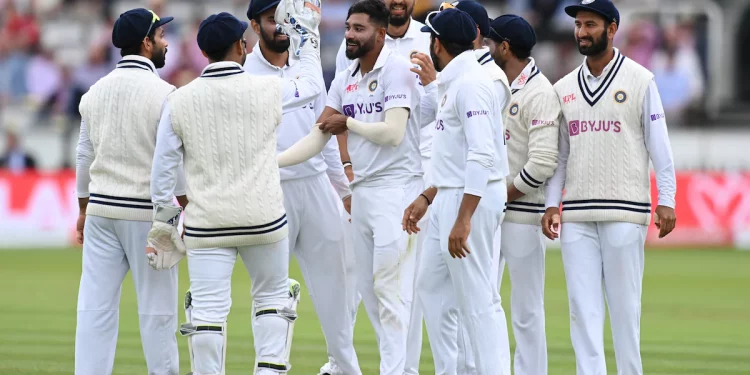Despite worries about the city’s air quality during that time, the BCCI, India’s top cricket regulatory body, has maintained its choice to hold the first Test match between South Africa and India in Delhi from November 14 to November 18. Before the schedule was finalised, BCCI Secretary Devajit Saikia promised that all relevant variables, including environmental concerns, were taken into account.
With AQI levels frequently beyond dangerous thresholds, Delhi’s air pollution has been a recurring problem, particularly in November. Poor air quality has affected city cricket matches in previous years. For example, in a 2017 Test match, Sri Lankan players wore masks.
Furthermore, scheduling games in Delhi at this time of year has come under scrutiny after Bangladeshi players puked on the pitch in 2019. Saikia noted that the board rotates the matches it assigns, and so pollution issues don’t come up every year.
“After talking with everyone, we have taken into account all the variables and have adopted the rotation strategy. The Indian Express cited Saikia as adding, “The pollution problem doesn’t happen every year.”
Every effort will be made to guarantee the comfort of the players: Ashok Sharma
Similar opinions were expressed by Ashok Sharma, secretary of the Delhi and District Cricket Association (DDCA), who noted that the Arun Jaitley Stadium is located in an open space with superior air quality than other areas of the city. He affirmed that every effort will be made to guarantee the players’ comfort throughout the game.
“Every effort will be made to guarantee the players’ comfort during the Test match. Additionally, the Arun Jaitley Stadium has superior air quality than most other locations because it is situated in a more open region with more flora. It had been some time since Delhi was given a Test match. Compared to December, there is less pollution in November, if any at all,” he stated.
We must follow the calendar because the BCCI assigned us the game.
In November, Delhi’s air quality frequently deteriorates to dangerous levels, mostly as a result of weather, post-Diwali firecrackers, and post-harvest stubble burning in adjacent states. Delhi’s AQI reportedly reached 999 on November 18 of last year, with some foreign agencies reporting considerably higher numbers.
Several Delhi cricket matches have been interrupted over the years. Due to bad air quality, two Ranji Trophy matches were cancelled in 2016. Players wore masks and had trouble breathing during the 2017 Test match against Sri Lanka. The conditions during an ODI in 2019 caused problems for the cricket players from Bangladesh.







